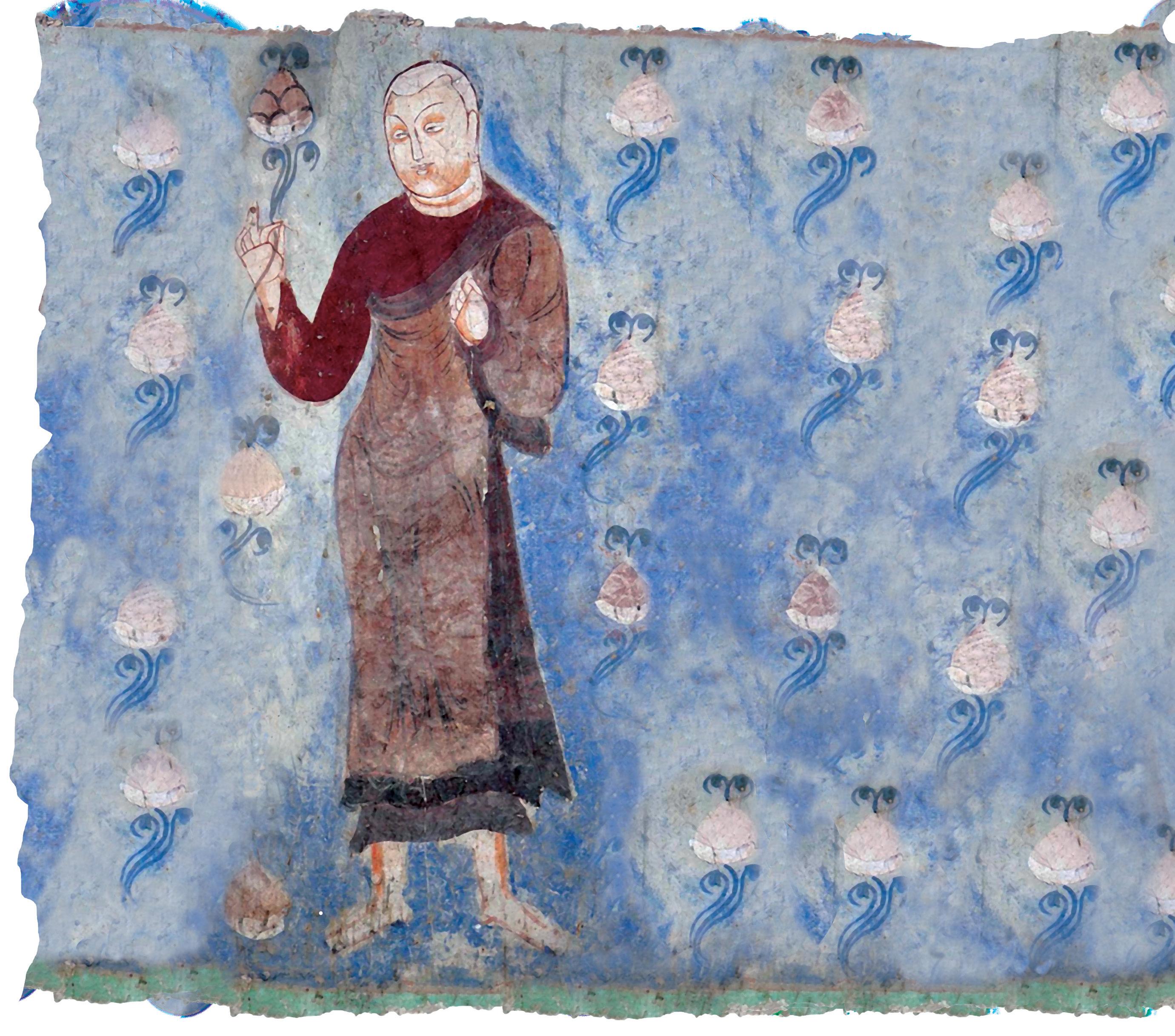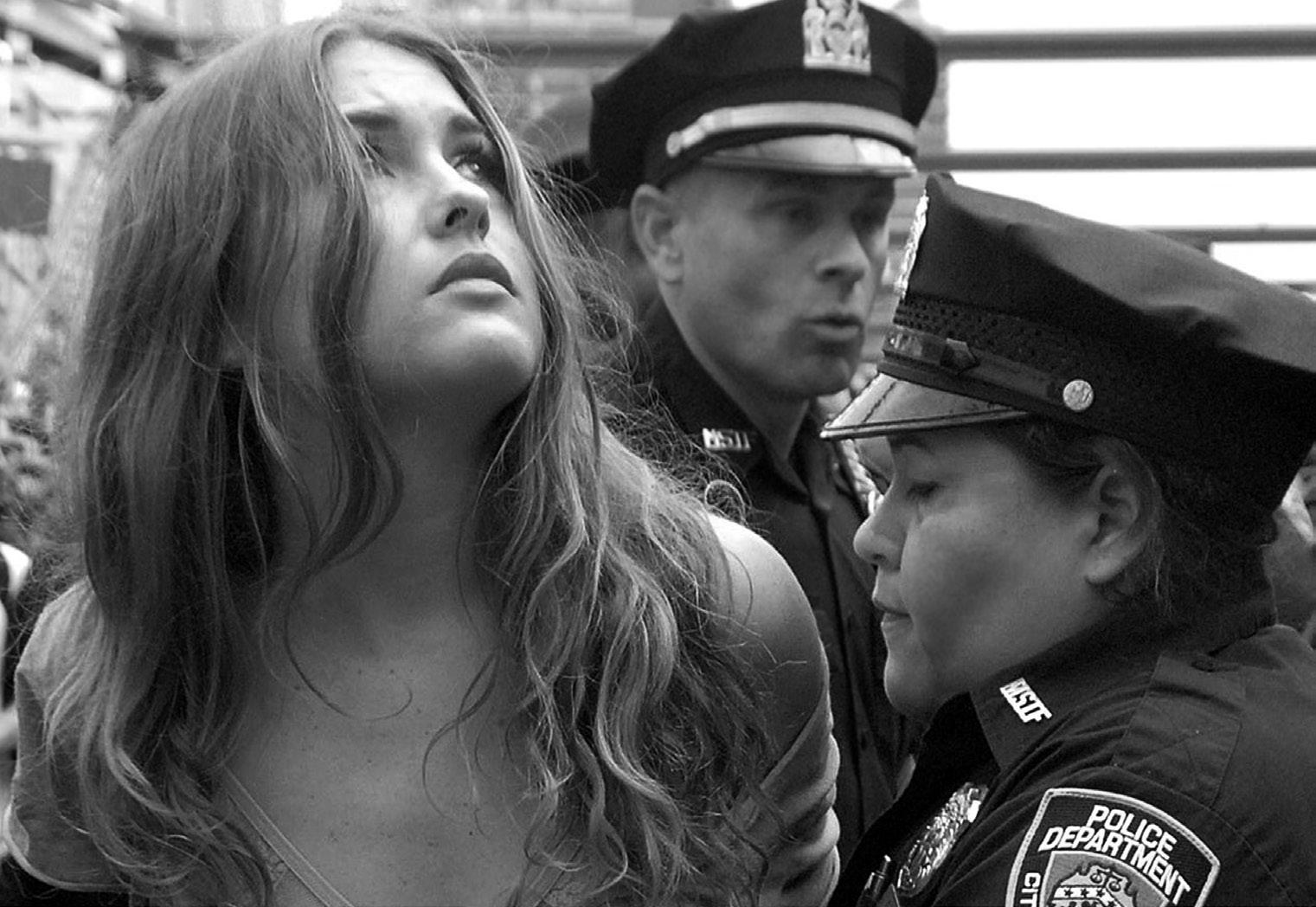
9 minute read
be human being today IV
be human being today
‘We repeatedly draw your attention to the fact that time is pressing for a radical, far-reaching change of your entire mode of life.
Advertisement
However, the magnetic systems are disturbed. This causes our needs to differ; we thwart each other and so we face each other in fundamental, biological and hence structural hostility and we unintentionally cause resistance… Even if you were to be the most modest person and go your way through life with the greatest timidity, you would still be guilty, because there will always be situations in which and through which you will be forced to act. Therefore, understand that whenever you use a concentration of astral force, no matter how, this will have an earth-binding and destructive effect. You will feel that in such a situation there can never be any question of goodness. Social and moral good is always linked to evil. How true appear the words of the Christ: No one is good but God alone.’
Catharose de Petri, The Living Word, chapter 38
Hope, despair, threat and authority – or how ‘the magnetic systems clash during the non-violent protests of the Occupy movement, Wall Street 2012

Guided by Plato’s ideas, Marsilio Ficino considered the human being capable of rising up to the divine through the longing and the imagination (the imaginatio) of the soul. Within Neo-Platonic thinking, the imagination received a mediating function between what is material and what is divine and through (exalted) inspiration, the devoted soul was able to rise above the prevailing ideas and views and achieve ‘ecstasy’. In this view, the soul clearly has two aspects: on the one hand, it links the human being to matter and submerges in it; on the other hand, the soul is able to go out to what is divine. Part III of Ficino’s Book of Letters.
Marsilio Ficino (1433-1499) was called ‘divine translator’ because of his translations of Plato, Plotinus and Hermes Trismegistus. He was the soul and the mirror within the strongly changing nature of the era that we nowadays refer to as the Renaissance. It was a period in which the worldly power was redistributed, which caused a shift of axes between the Christian and the Arab world, culminating in the fall of Constantinople (1453). What is less known is the rescue at the time of many thousands of Greek manuscripts of the pre-Christian, the platonic, the early Christian and the hermetic world of ideas. And in Florence, Ficino became their translator. Initially, Cosimo de’ Medici had ordered him to study the Greek language; then he began translating Plato, and subsequently, Hermes Trismegistus, immediately after Cosimo had acquired the Corpus Hermeticum. In this way, the streams of wisdom of the classical world found a new channel, a safe haven, a new spiritual centre. The renewing world vision that Ficino and his circle propagated in this way, deeply affected the world of established Christian thinking, and created room for a new religious awareness. Ficino’s academy in Florence was, therefore, called the ‘academy of the soul’. It showed that, in particular, the awareness of the soul within the human personality, its presence in this world and its quest for the meaning and origin of life, should be placed in a much broader, indeed, wholly new context. His academy called upon the human being to see and explain life and the world in a greater coherence, and particularly, to begin to understand the meaning of the mysterious relationship between God – cosmos – man. Daily, Ficino was in dialogue about this with his friends, amongst who were authors, artists, philosophers, painters and architects; he was a
BOOK REVIEW MARSILIO FICINO THE LIFE OF PLATO AND OTHER LETTERS

personal friend and adviser of the select circle of prominent citizens who were aware that they bore the responsibility for a new society. This resulted in many letters (originally in Latin) that have been preserved and translated, now also into Dutch. Rozekruis Pers has recently published the third part: The Life of Plato and other letters. These letters have a timeless value. After all, Ficino is known as platonic philosopher, hermetic magician, priestly minister, inspired astrologer, wonderful physician of the soul and we may justly consider him the spiritual guide of a spiritual world revolution.
FRIEND OF THE YOUTH He considered it his task, nothing more and nothing less, to save living, pure Christianity from certain ruin by linking it with the great Greek wisdom of antiquity and the Egyptian wisdom of Hermes. In addition, he was a friend of the youth, and tried out new teaching methods that were more appealing than the classical system used in schools at the time. In these methods, he used – and how could it be any di erent – Plato as a guideline. Socially, he has also meant a great deal: he was an exceptional friend of man who was able to bridge deep chasms and clear up misunderstandings, but, above all, his contemporaries remember him as an example of someone who propagated the human dignity in a royal way. This yielded him unadulterated friendship from European society of the time. This is the reason why his Florentine academy was considered a dispensary for the soul that could be consulted daily by thousands of people seeking inner healing. His heart was mild and so unfathomably deep that friend and foe were able to nd a comforting place in it. Marsilio Ficino was not only a model of the universal man, the uomo universale of the 15th century, but as a living example for humanity, he showed society a new way out. He was deeply convinced of the spiritual e ect of the divine that is present everywhere in creation as an ensouling energy and is nowhere limited within itself.
Cosimo de’ Medici gave Ficino the Villa Careggi in Florence to establish his Academy

Leonardo da Vinci. A musician; possibly Marsilio Ficino as a young man, 1485.
Oil on walnut wood, London, The National Gallery
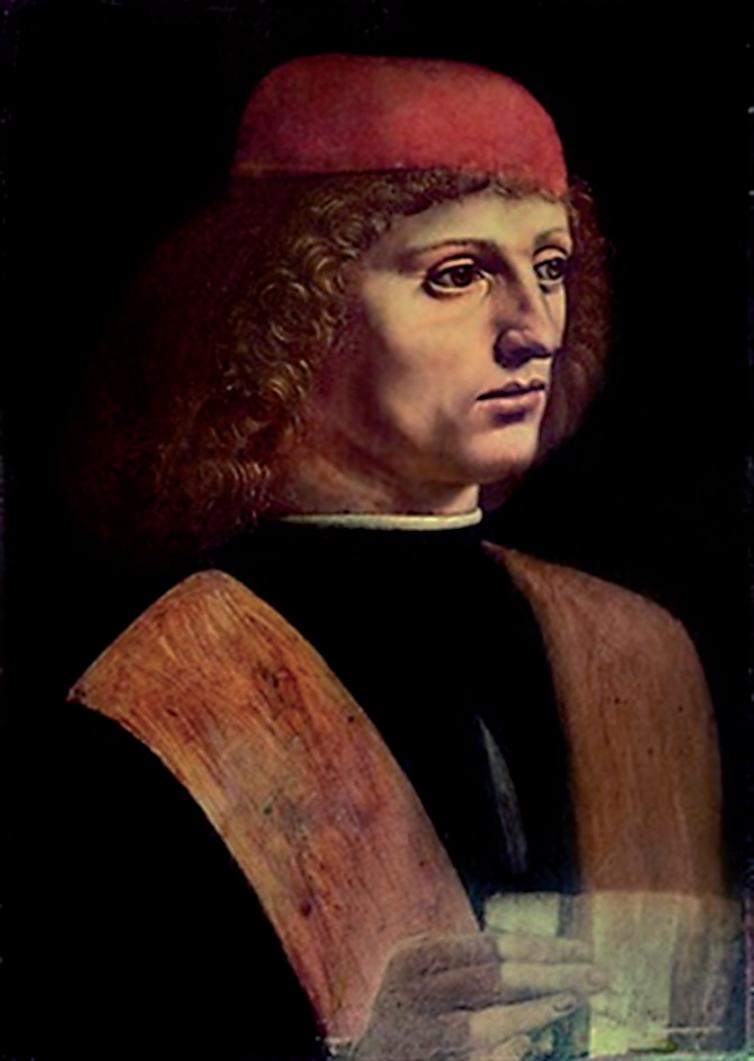
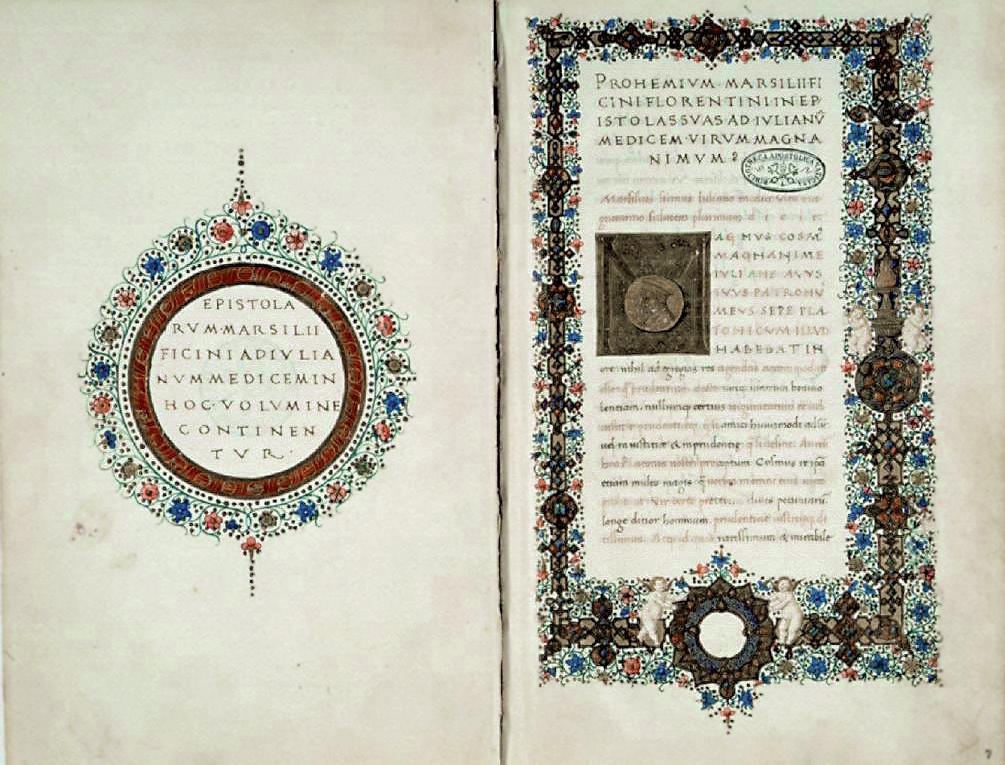
letter iii
He who is not wise regarding himself, wastes his wisdom.
Marsilio Ficino to the moral philosopher without morals: greetings.
How absurd is a tailor whose clothes are all torn! How useless is a doctor who is always sick! How distressing a musician whose lyre is untuned to his voice! Just as base is a moral philosopher without morals. He who speaks well but acts badly, speaks in vain, whether he is preaching good to men who will not believe him, or beseeching gifts from the gods who will not grant them.
NETWORK In The Life of Plato and other letters, we experience not only how Ficino considered Plato his teacher in everything, but also how he, with playful ease, linked universal wisdom with the life and the problems of his friends. As mentioned before, these friends constituted a very broad and important network, personalities who facilitated the bloom of the arts and sciences, and the development of the universal man during those hopeful and spiritually light years of the Renaissance. He gave a motto or title to all his letters that in themselves yielded a splendid collection of aphorisms. This third part of the Letters ends with a description of Ficino’s life by Giovanni Corsi in which the latter, as a contemporary, once again clearly explains the great work that Ficino has accomplished for western society.
letter iv
The medicine for worldly maladies is adoration of God who is above the world.
Marsilio Ficino to Bernardo Bembo of Venice, the illustrious knight.
Since man’s heavenly Father has ordained that our homeland will be heaven, we can never be content while we dwell on earth, a region far removed from our homeland. Yet such a fate is common, not only to men, but to all created things without exception, so that nowhere do they seek rest save at their own source; and for the sake of rest they try to set their end where they had their beginning. Thus water and earth descend to the depths; but re and air seek the heights; moles and suchlike hide themselves in the bowels of the earth; sh born in the sea, swim in the sea. Even so the souls of men, by a common, natural impulse, continually seek heaven, whence they are created, and the King of heaven, beyond. But since the natural desire for God, instilled in us by God, ought not to be unful lled (otherwise supreme reason, which does nothing in vain, has bestowed it upon us in vain), it follows that the souls of men are eternal, in order that one day they may be able to reach the eternal, divine good which their nature desires. From what we have said it follows that, as our souls are never ful lled with earthly food, nor while they gorge on earthly things can they enjoy the heavenly feast, so in this life they strive with all their might to cling to the King of heaven. For the less they are tainted by the bitter tastes of
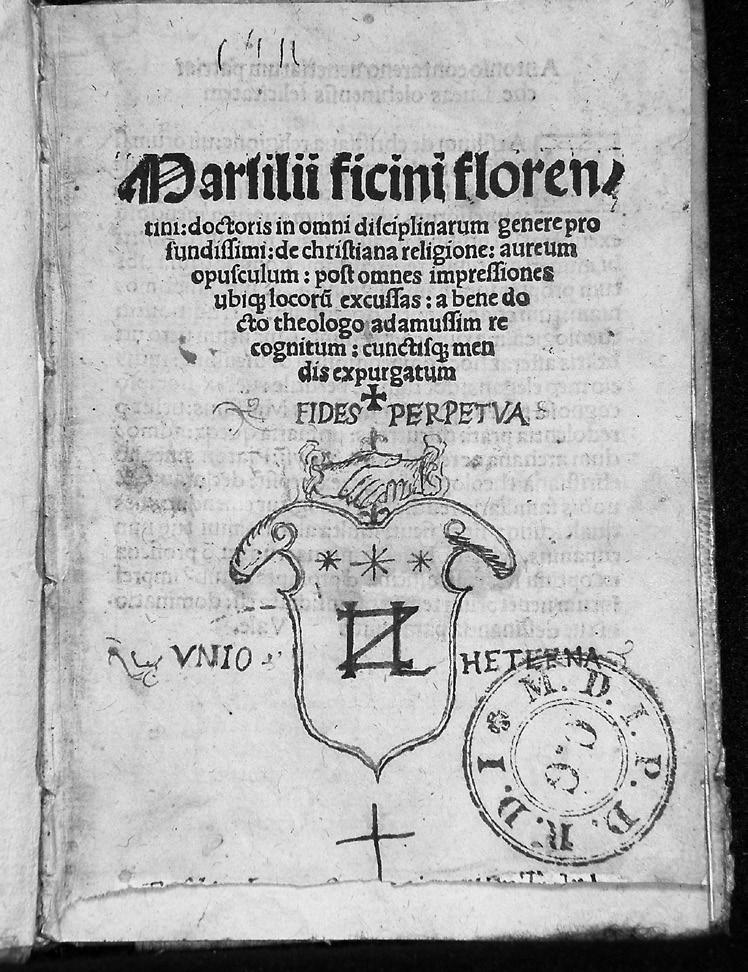
earth, and the more they are refreshed by the sweet waters of heaven, the more eagerly are they drawn towards the spring of sweetness which is above heaven. The nearer we approach the Lord of the world, the further we depart from worldly slavery. And, as in our homeland we hold fast to Him by beholding and rejoicing, so, away from that homeland, we hold fast to Him by total loving and adoring. For this reason, nowhere is there found a medicine adequate for earthly diseases, except divine love and worship. Nor is that wrong. For in any illness, where the medicine does not overcome the condition of the evil humour, it is transformed into the humour, disorders the body, saps the strength and thus increases the burden upon them. Therefore, as all our in rmity and adversity is of the body, and worldly, undoubtedly anyone who tries to help an ill of this sort with bodily and worldly medicines labours in vain. Believe me, the need here is for a far stronger medicine; a medicine, I say, which is spiritual and above the world, whence it may drive out bodily and worldly illnesses. Were we su ering only from one ailment or another, then perhaps any doctor would su ce. But our plague is everything evil. Therefore our antidote is everything good. Our disease is insatiable desire and continual turbulence, therefore our doctor is immeasurable good and eternal peace. Should anyone deny that our medicine is the true adoration of God, there is no remedy left for his ills, and all hope of health is removed. But in truth, he who trusts in divine remedies, grows strong as soon as he trusts.
‘Since man’s heavenly Father has ordained that our homeland will be heaven, we can never be content while we dwell on earth, a region far removed from our homeland. […] Believe me, the need here is for a far stronger medicine; a medicine, I say, which is spiritual and above the world, whence it may drive out bodily and worldly illnesses. Were we suffering only from one ailment or another, then perhaps any doctor would suffice. But our plague is everything evil. Therefore our antidote is everything good. Our disease is insatiable desire and continual turbulence, therefore our doctor is immeasurable good and eternal peace.’
Marsilio Ficino
